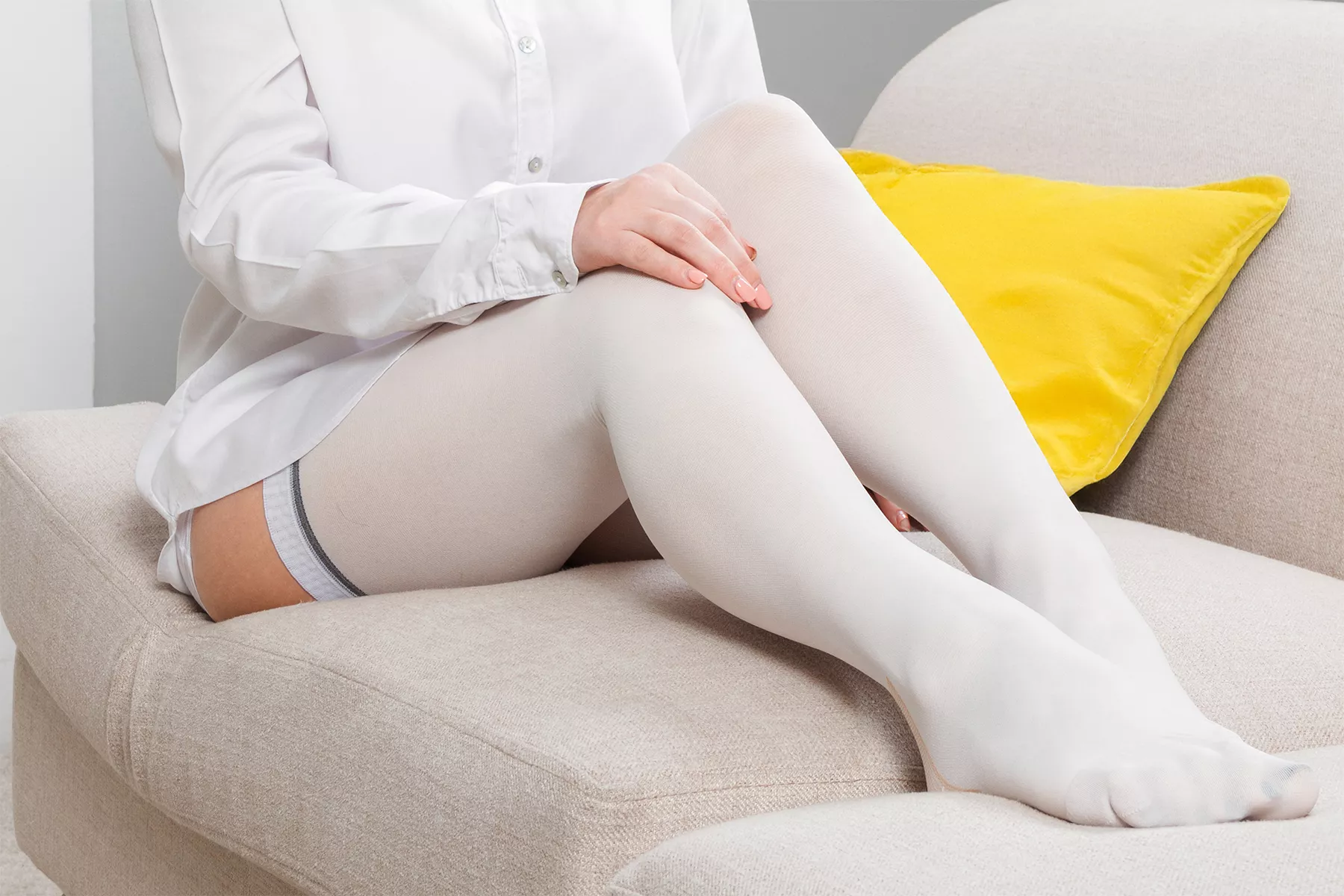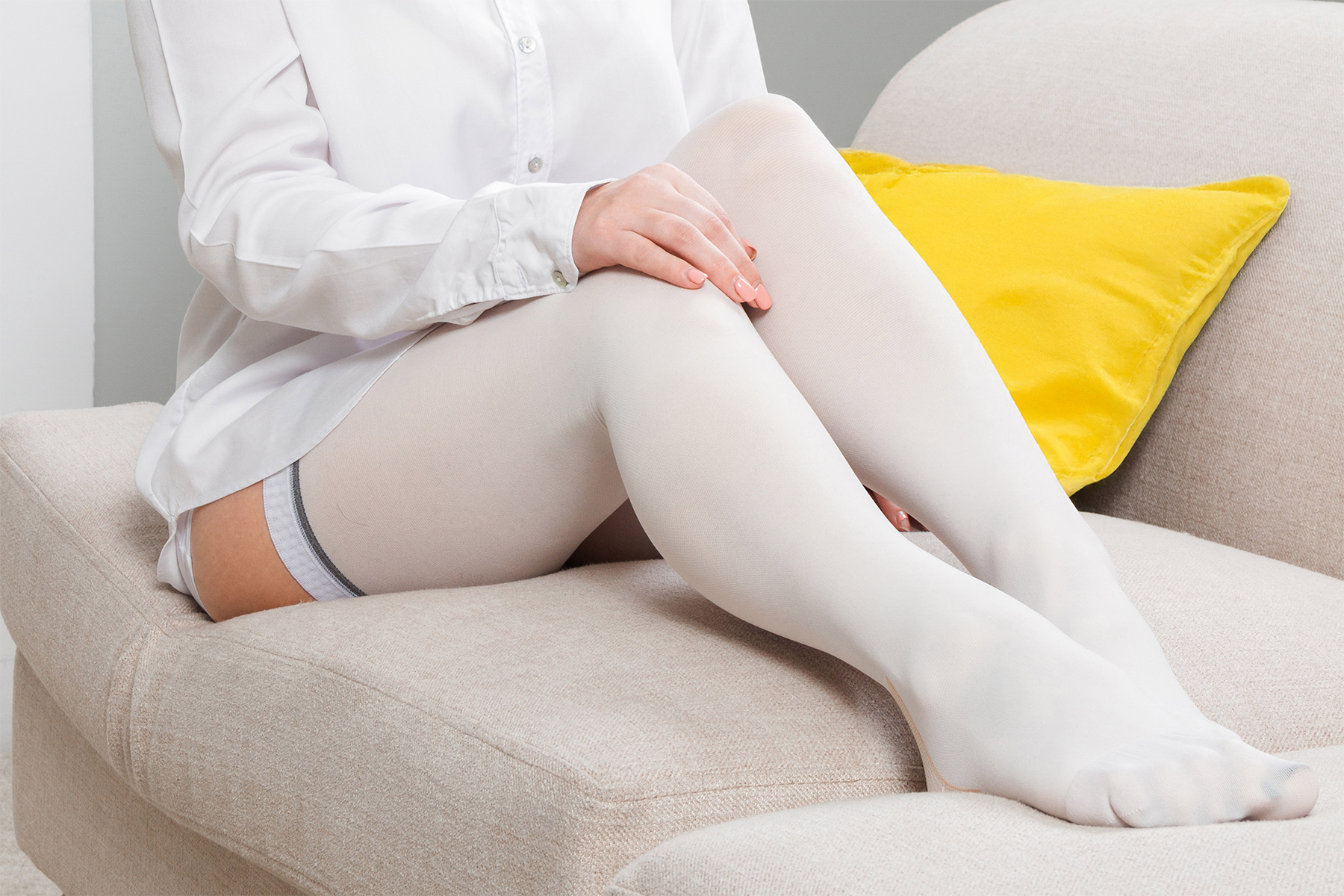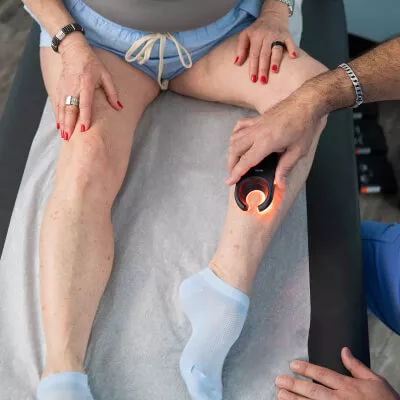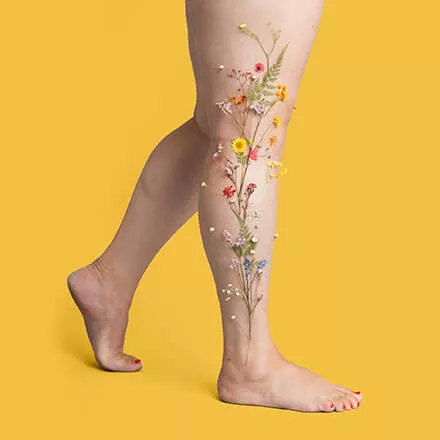Taking care of your veins is a lifelong commitment to your overall health and wellness. Like any other part of your body, veins need attention and preventative care to function optimally.
This comprehensive guide will provide the information and tools you need for long-term vein health maintenance. We'll cover everything from exercise and nutrition to compression therapy and lifestyle habits, giving you a holistic overview of vascular wellness.
Understanding Long-Term Vein Health
Your veins play an essential role within your circulatory system, as they are responsible for returning blood from your extremities back to your heart.
Maintaining vein health is crucial not just for comfortable legs but also for your cardiovascular health. Long-term vein health maintenance can help prevent issues like chronic venous insufficiency, varicose veins, and spider veins, as well as manage existing conditions to prevent them from worsening. It's about proactive care and making healthy choices a part of your daily life.
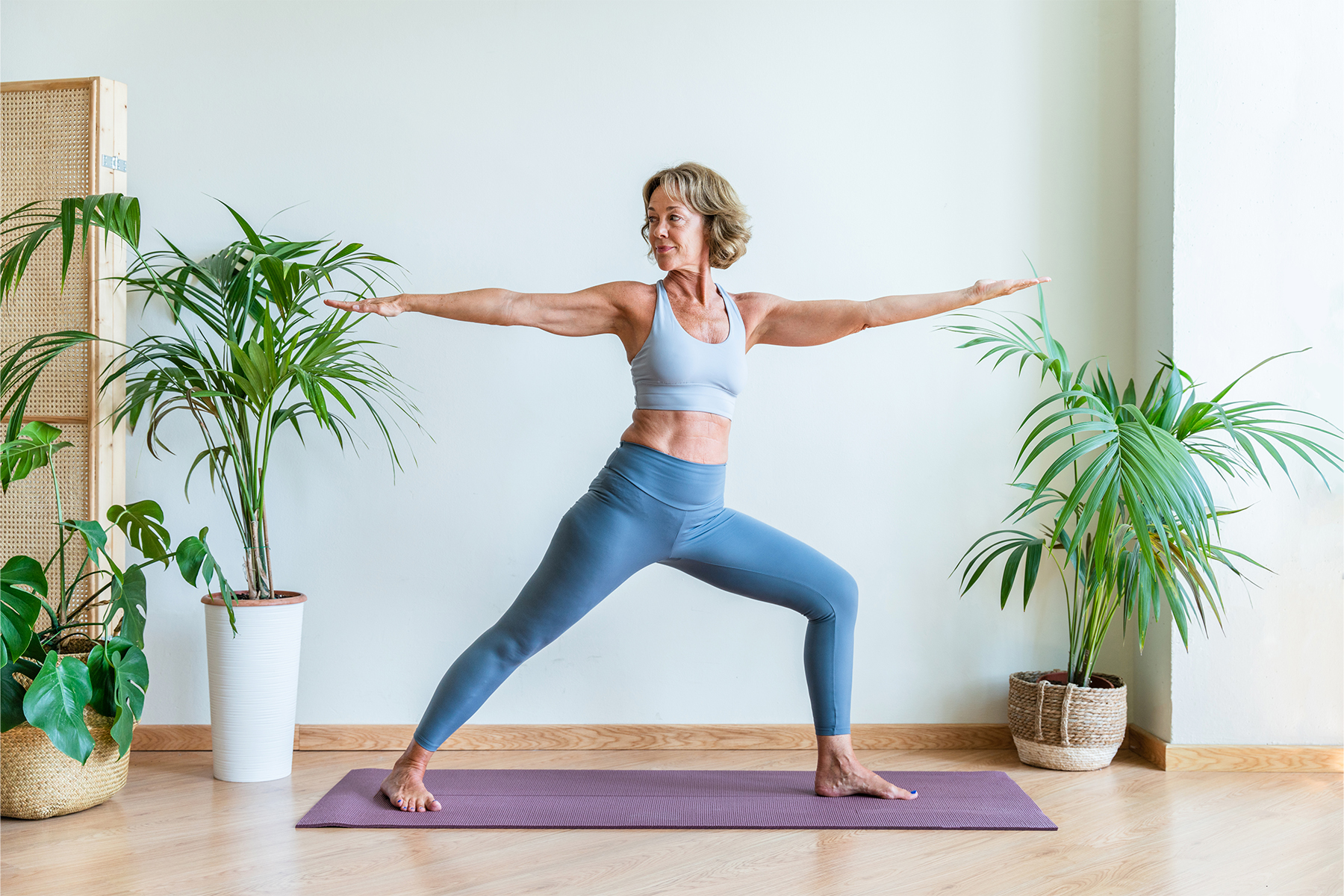
The Role of Regular Exercise
Exercise is a simple thing you can do anywhere to promote vein health. Regular physical activity helps improve circulation, strengthen calf muscles (which act as pumps for your veins), and maintain a healthy weight.
Here are some vein-friendly activities to incorporate into your routine:
- Walking: A simple yet highly effective exercise for improving circulation.
- Swimming: A low-impact workout that's gentle on your joints while promoting blood flow.
- Cycling: Another great low-impact exercise option that helps strengthen leg muscles.
- Yoga and Pilates: These practices can improve flexibility, balance, and circulation.
Remember to start slowly and then gradually increase the intensity and duration of your workouts. Consult with your doctor before starting any new exercise program, especially if you have existing vein conditions.
Nutrition for Healthy Veins
What you eat plays a significant role in your vein health. A balanced diet rich in certain nutrients can support vascular wellness and prevent vein issues. Focus on these dietary habits:
- High-fiber foods: Fruits, vegetables, and whole grains promote healthy digestion and prevent constipation, which can strain your veins.
- Antioxidant-rich foods: Berries, leafy greens, and colorful vegetables help protect your veins from damage.
- Lean protein: Supports tissue repair and overall health.
- Limit sodium: Excess sodium can lead to fluid retention, which can exacerbate vein problems.
Compression Therapy as a Lifestyle: Support for Your Veins
Compression therapy isn't just for treating existing vein conditions; it can also be a valuable tool for long-term vein health maintenance. Medical-grade compression garments, like stockings or socks, gently compress your legs, improving circulation and reducing the risk of varicose veins and other venous issues, especially if you spend long hours standing or sitting. Talk to your doctor or a vein specialist to find out if compression therapy is right for your needs.
Weight Management and Vein Health
Maintaining a healthy weight is also important for long-term vein health. Excess weight puts extra pressure on your veins, making it harder for them to circulate blood effectively. Losing even a small amount of weight can improve your vein health and reduce your risk of developing vein problems like varicose veins.
Hydration and Its Impact on Veins
Proper hydration is essential for overall health, including vascular wellness. When you're well-hydrated, your blood volume is optimal, making it easier for your veins to circulate blood efficiently. Aim to drink plenty of water throughout the day.

Lifestyle Habits for Vein Health
Making small changes to daily habits can make a big impact on your long-term vein health. These include:
- Avoid prolonged sitting or standing: If your job requires you to sit or stand for long periods, take frequent breaks to walk around and stretch your legs.
- Elevate your legs: When you're resting, elevate your legs above your heart for 15-20 minutes a few times a day to improve circulation and prevent swelling.
- Avoid smoking: Smoking damages blood vessels and can impair circulation.
- Wear loose-fitting clothing: Tight clothing can restrict blood flow.
The Future of Vein Health Maintenance
Maintaining healthy veins is a lifelong journey, but it's a journey that will pay off with legs that look and feel good. By incorporating these lifestyle modifications, exercise routines, and other healthy habits, you can take proactive steps to support your vascular health and prevent varicose vein recurrence.
Schedule your free vein health assessment to create a long-term maintenance plan tailored to your unique needs.
Frequently Asked Questions
How does regular leg elevation contribute to long-term vein health maintenance?
Elevating your legs helps to improve circulation by allowing gravity to assist in returning blood from your legs back to your heart. This reduces pressure on your veins and helps prevent swelling and other venous issues.
What are the best vein-friendly exercises for individuals with a history of venous insufficiency?
Low-impact exercises like walking, swimming, and cycling are generally well-tolerated and beneficial for individuals with a history of venous insufficiency. However, it's crucial to consult with your doctor or a physical therapist to develop a personalized exercise plan that's safe and effective for your specific condition.

Dr. Katherine McGough
Meet Dr. Katherine McGough, DO, a highly-rated doctor specializing in the treatment of vein conditions. Schedule an appointment in Peoria, AZ today.
Meet Dr. Katherine McGough
Trusted insight from the nationally accredited, board-certified vein doctors at Metro Vein Centers.


